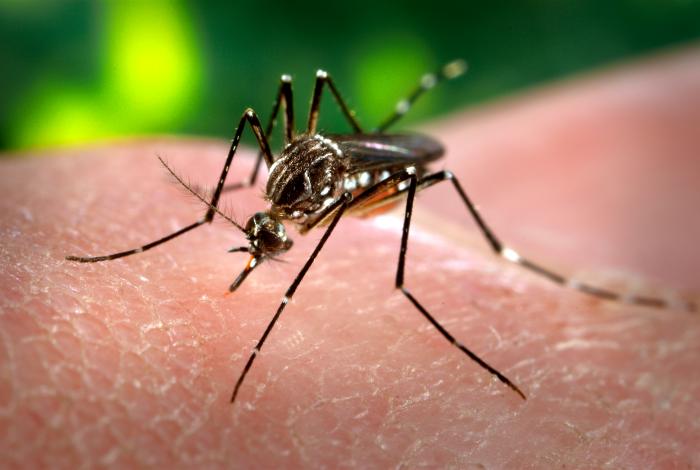It looks for certain now like the Zika virus can be spread by sexual contact
A case of the Zika virus being spread by sexual contact with an infected partner has been reported in the US.
The Dallas County Health and Human Services (DCHHS) said the person fell ill with Zika after sexual contact with an infected traveller, according to a report in WebMD.
It’s not yet known how common cases of sexual transmission of Zika may be.
Meanwhile, two cases of the Zika virus have been reported in Australia. Officials said the two Sydney residents had recently returned from the Caribbean.
The World Health Organisation(WHO) earlier this week declared the virus a “global emergency” and the Queensland government warned residents in the state’s far north to start taking preventative action to stave off a possible Zika outbreak there.
Professor Lyn Gilbert, of Infection Prevention and Control at Western Sydney Local Health Network, said there was a high likelihood that there were undiagnosed Zika cases in Australia bought in by travellers.
“Eighty per cent of cases are asymptomatic … but unless they go to far north Queensland the risk of them being bitten by the appropriate mosquito is very small,” she said.
The WHO on Monday declared the Zika virus to be an international public health emergency, as the disease linked to thousands of birth defects in Brazil continues to spread rapidly.
WHO Director-General Margaret Chan said an international coordinated response was needed, although restrictions on travel or trade were not necessary.
The emergency designation was recommended by a committee of independent experts to the United Nations agency following criticism of a hesitant response so far. The move should help fast-track international action and research priorities.
The WHO said last week the Zika virus was “spreading explosively” and could infect as many as 4 million people in the Americas.
The agency was criticised for reacting too slowly to the Ebola epidemic in West Africa which killed more than 10,000 people, and has promised to do better in future global health crises.
Brazil has reported nearly 4000 suspected cases of microcephaly, in which infants are born with smaller-than-usual brains. The health ministry has linked the condition to Zika, although the connection is not yet definitive.
Brazilian Health Minister Marcelo Castro told Reuters that the epidemic was worse than believed because in 80 per cent of the cases the infected people had no symptoms.
Locally, health authorities on Cape York are urging residents to do what they can to avoid an outbreak of the virus.
There have been no transmissions of the virus in Australia but the Apunipima Cape York Health Council is urging locals to take preventative action.
“We just decided to get some information out about this because we are a potential area for spread. We want to make sure everybody cleans up and does the things they can to prevent this starting in Cape York, particularly,” Dr Mark Wenitong has told the ABC.
“Our motto is to get in early and stop things before they start.”
Queensland’s Health Minister Cameron Dick has warned that northern parts of Australia, and particularly the Torres Strait, could provide a pathway for the mosquito-borne virus to enter Australia.
He says monitoring is under way in the Torres Strait to ensure any cases are detected early, and he’s waiting on a briefing from the state’s chief health officer.
“My advice is that it’s not a significant risk to Queensland at this time. But we’re going to continue to monitor that,” he said.
AAP and wires services


